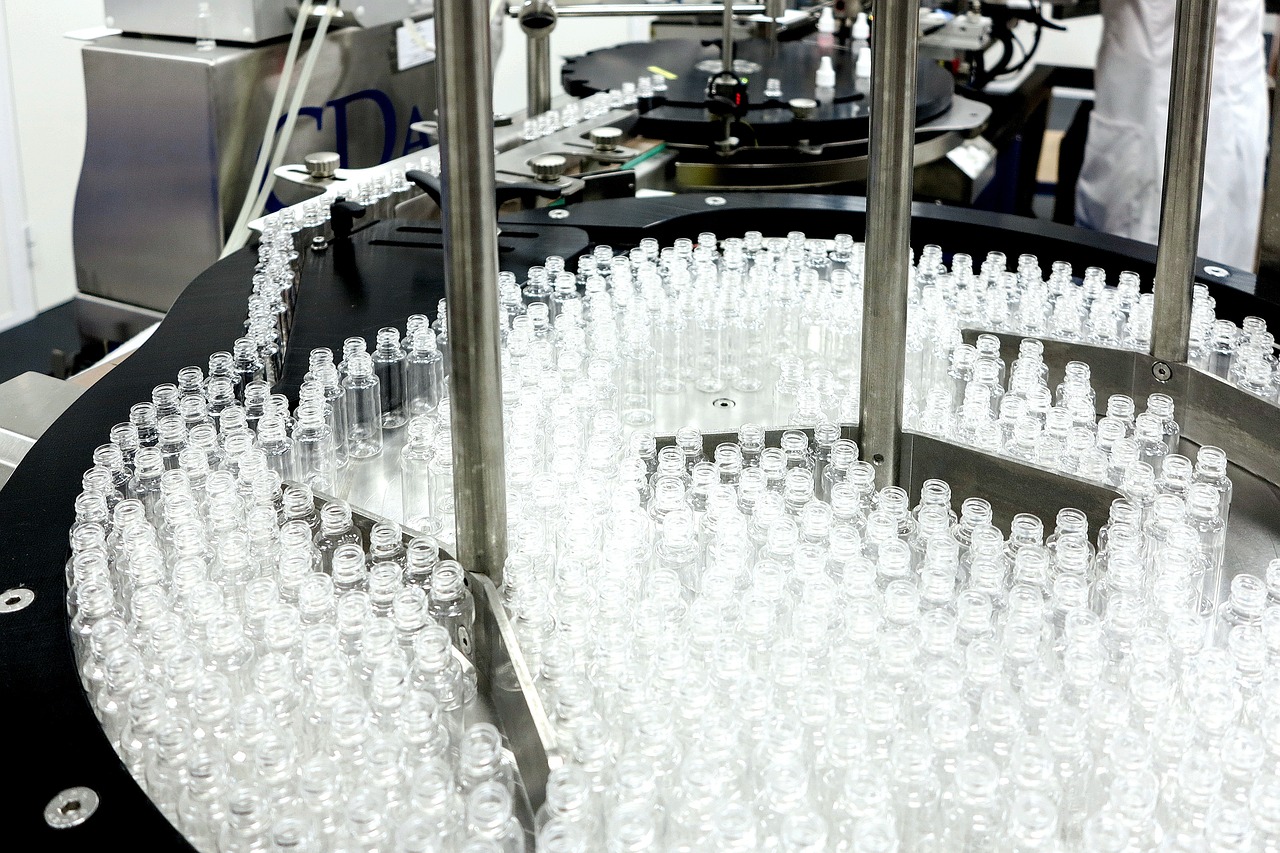The Role of Toys in Teaching Problem-Solving and Critical Thinking in Early Childhood: 11xplay.com login, Lesar 247.com, Tiger 247 login
11xplay.com login, lesar 247.com, tiger 247 login: Toys are not just for fun; they play a crucial role in the development of problem-solving skills and critical thinking in early childhood. From simple puzzles to complex building blocks, toys stimulate children’s minds and encourage them to think creatively and analytically. In this article, we will explore the various ways in which toys can help young children develop these essential skills.
The Importance of Problem-Solving and Critical Thinking
Problem-solving and critical thinking are essential skills that children need to navigate the complexities of the world around them. These skills involve the ability to analyze information, make decisions, and come up with creative solutions to challenges. By developing these skills early on, children are better equipped to succeed in school and in life.
Toys as Educational Tools
Toys are not just tools for entertainment; they are also powerful educational tools that can help children learn and grow. When children play with toys, they are not just having fun; they are also developing important cognitive skills. Toys provide children with opportunities to explore, experiment, and problem-solve in a safe and engaging environment.
Types of Toys that Promote Problem-Solving and Critical Thinking
There are many different types of toys that can help children develop problem-solving and critical thinking skills. Some examples include:
1. Puzzles: Puzzles require children to think logically and analytically to solve them. By working on puzzles, children learn to observe patterns, make connections, and think critically.
2. Building blocks: Building blocks encourage children to use their creativity and spatial reasoning skills to construct structures. By building with blocks, children learn about balance, symmetry, and problem-solving.
3. Board games: Board games teach children how to think strategically, make decisions, and anticipate consequences. By playing board games, children learn to think ahead and develop problem-solving skills.
4. Playdough: Playdough allows children to experiment and be creative. By playing with playdough, children learn about textures, shapes, and colors, while also developing fine motor skills.
5. Problem-solving toys: Toys specifically designed to challenge children’s problem-solving skills, such as maze puzzles or shape sorters, help children develop critical thinking skills.
FAQs
Q: At what age should children start playing with toys that promote problem-solving and critical thinking?
A: Children can start playing with toys that promote problem-solving and critical thinking as early as infancy. Simple toys, such as stacking rings or shape sorters, can help even very young children begin to develop these skills.
Q: How can parents support their child’s development of problem-solving and critical thinking through play?
A: Parents can support their child’s development by providing a variety of toys that challenge their child’s thinking skills. Encouraging open-ended play and asking open-ended questions can also help children develop their problem-solving and critical thinking skills.
In conclusion, toys play a crucial role in helping young children develop problem-solving and critical thinking skills. By providing children with opportunities to play with a variety of toys that challenge their minds, parents and educators can help children develop the essential skills they need to succeed in school and in life.







